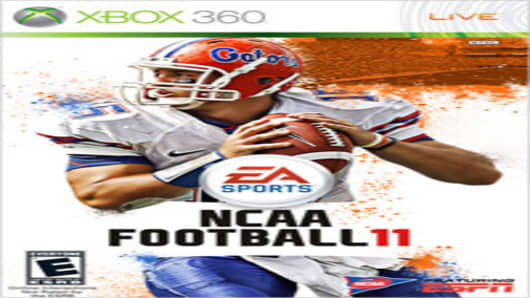A ruling by a federal district court of appeals earlier this week might have significantly affected the lawsuit brought about by former NCAA college football and basketball players against the NCAA, Collegiate Licensing and Electronic Arts for including their likenesses in EA games without being compensated.
On Wednesday, a three-judge panel in California allowed a lawsuit filed by the rock band No Doubt against video maker Activision Blizzard to proceed. Activision had a contract to use No Doubt in the game, but the panel ruled that it was outside Activision’s rights to manipulate the avatars of band members and have them sing songs that they don’t sing.
Activision argued it was within its First Amendment rights to do what it did, but the panel ruled that it was not subject to Constitutional protection because it was not part of the contract.
The argument used by Activision is similar to what EA lawyers used on Tuesday when defending the lawsuit in front of an appeals court in California. But the lawyers for the plaintiff, former Arizona State and Nebraska quarterback Sam Keller, who is the face of the lawsuit on behalf of some 21,000 former student-athletes who are included in the class as a result of being in games for the last decade, says that EA’s contract with IMG’s Collegiate Licensing Company specifically says it won’t use the athletes likenesses.
That means that if the appeals court decides that EA is indeed using their likenesses – it is of debate because they don’t use the players names and certain other specifics – the court will likely have to take into account the No Doubt decision when making its ruling.
If that happens, it’s likely the student-athletes will prevail in the case that could eventually award them up to $1 billion in damages.
"The significance of the California state decision cannot be overstated," said Rob Carey, lead counsel for Keller. "It would dispose of all the issues that we have."
Bruce Siegal, general counsel for CLC, declined to comment on how the Activision/No Doubt case might the case he is defending. It is not known how valuable the contracts have been between the NCAA and EA.
Questions? Comments? SportsBiz@cnbc.com



